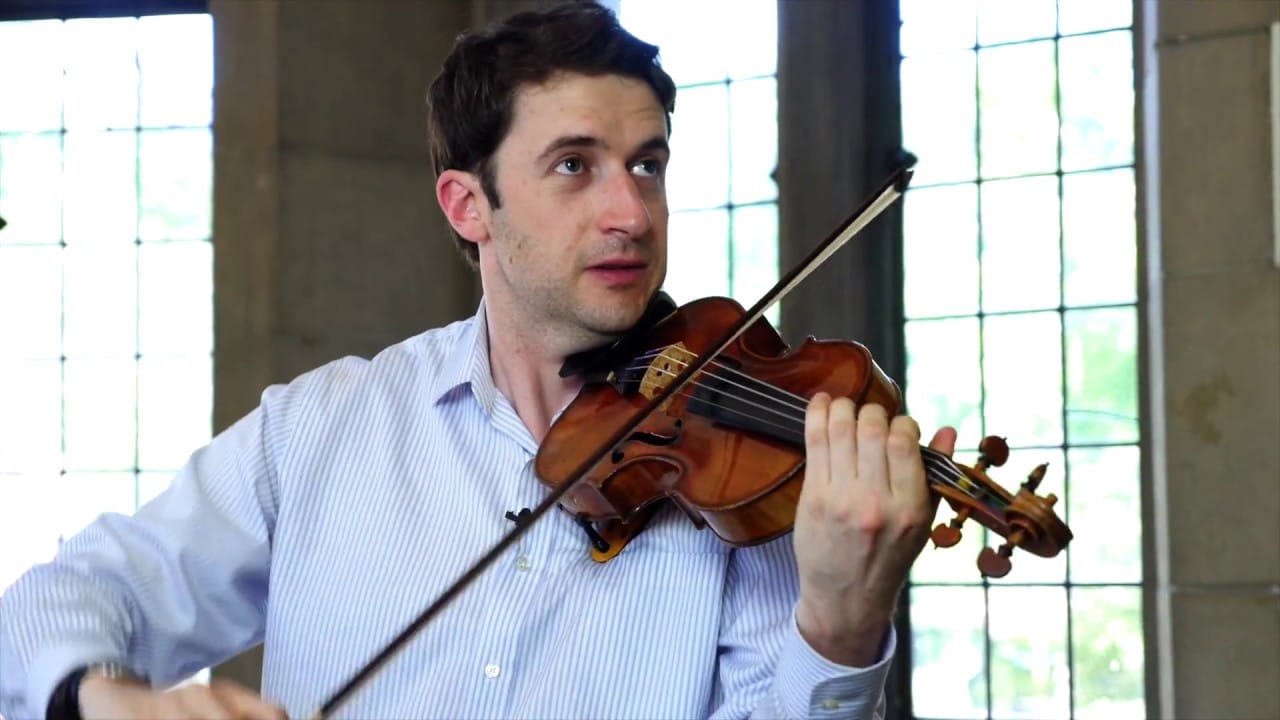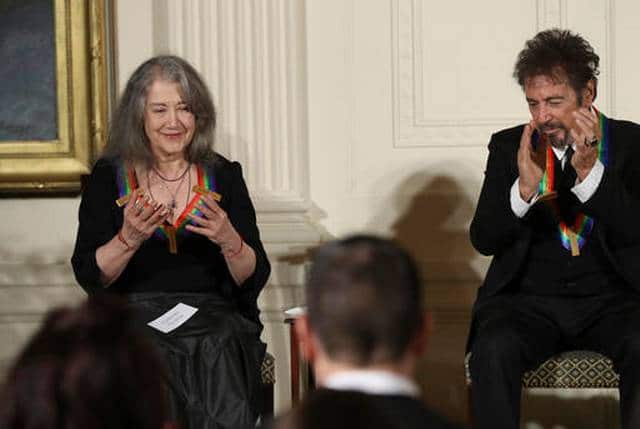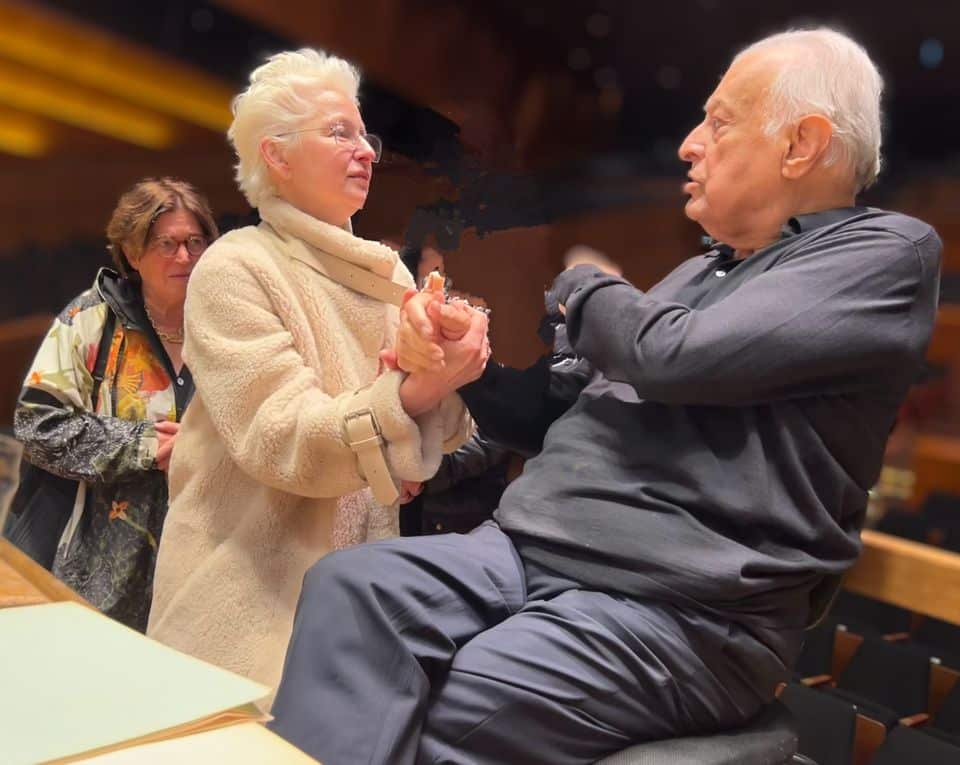Not another cash prize for Eschenbach…
mainHe’s the highest paid conductor in America and has no room left above the fireplace for any more awards.
Not that this has stopped the Brahms-Gesellschaft of Schleswig-Holstein from loading him today with their 10,000-Euro Brahms prize.
Vanity, vanity, all is vanity.






Comments